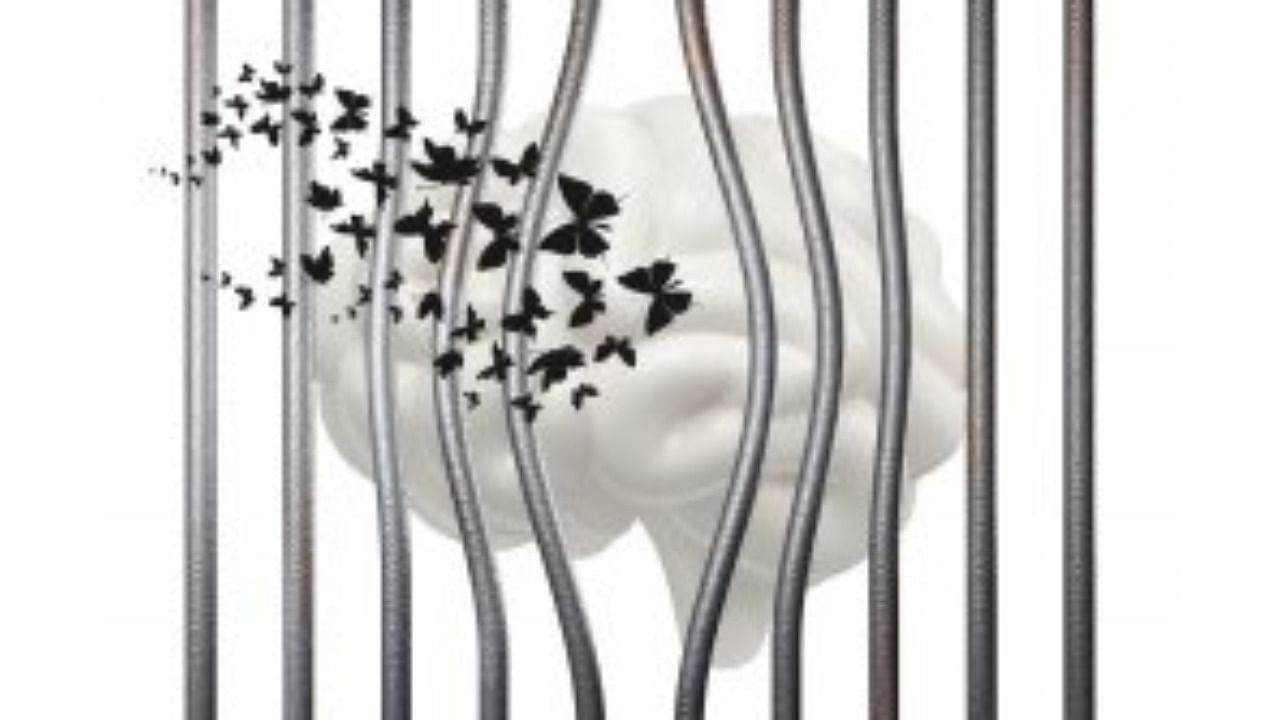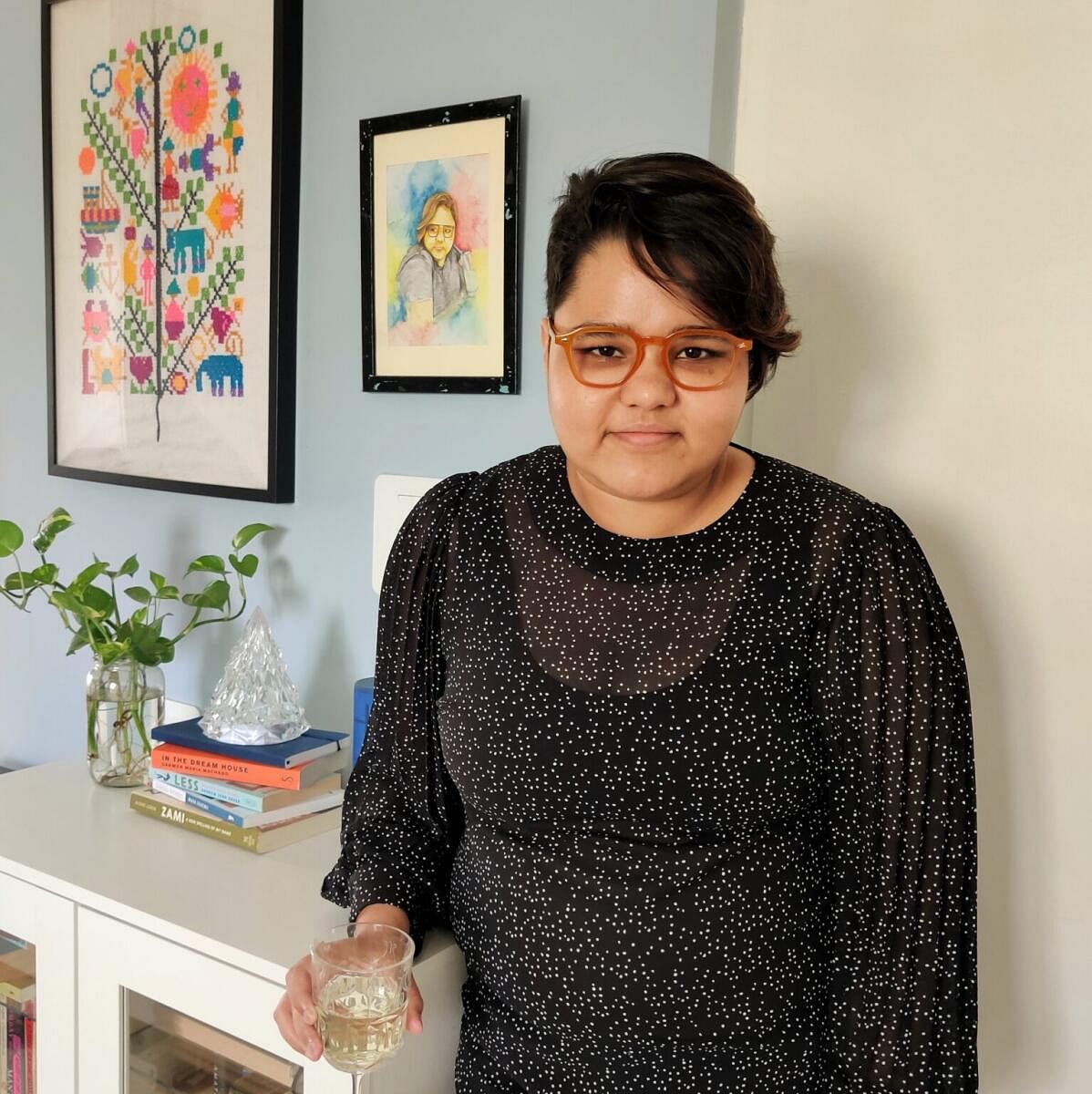

Students get their first taste of freedom to explore their identities in their late teens when they join college. Many leave their childhood homes and move into a hostel and even those who don’t move, enjoy a greater sense of freedom and flexibility to pursue their interests. For many queer students, college is the time when they start to explore their gender and sexuality. In order for them to explore freely and safely, it is helpful for colleges to be safe spaces where queer students can be themselves without fear of judgement or discrimination.
In the campus
My time in (and out) of college as a student with dyslexia and dysgraphia was the most stressful period of my life. My performance in an exam had little to do with my preparation for it, and a lot more to do with the format of the question paper and the level of noise and distraction in the exam room. This is the reality for neurodiverse students, which includes students diagnosed with autism spectrum disorder (ASD), as well as students with neurological and developmental conditions such as ADHD and learning disabilities like dyslexia and dysgraphia. In many colleges in India, professors teaching a course set its curriculum, exam pattern, and question papers. These professors lack the resources or training necessary to understand the needs and challenges of neurodiverse students. The University Grants Commission (UGC) has created accessibility guidelines for universities only recently in 2022. I found this document after much research and I wonder if professors are even aware of these guidelines. No training or accommodations are mandated at a university level for students with disability in India, apart from the reservation of seats granted under the Rights of Persons with Disabilities Act, 2016.
It’s no wonder when I told professors I have dyslexia when I was in college, they often asked me how that would affect my studies and how they could help me. They expected me to be an expert in my own needs and requirements, which I am not. I was diagnosed with dyslexia late in life and I’m still trying to understand my own needs. I am sure there are many others who, like me, struggle to articulate the reason they do poorly in exams due to late diagnosis and even undiagnosed learning differences. Exam papers and examination rooms need to be neurodiverse-friendly by default, at least to some extent.
For gender-neutral hostels
When I was in college, Section 377 still criminalised homosexuality. It was around that time when a partially-blind student of the Banaras Hindu University was expelled from the girl’s hostel after being suspected of having “homosexual tendencies”. Even though I met my current partner at my college, we hid our relationship from others and spent much of our time anxious about our peers finding out about our relationship and the consequences that might have for us. Many queer students aren’t out to their parents, and those who are out may not find allies in them. So naturally, for queer students, staying in the hostel, whether they feel accepted or not, is their only option.
The absence of gender-neutral hostels and bathrooms in most colleges denies inclusion for transgender and non-binary students, despite UGC directing universities to provide such facilities following the 2014 NALSA vs Union of India judgement. Many queer students also face bullying, discrimination, and violence from their peers and college staff, but most colleges don’t have any measures in place to protect them. Things are changing slowly, queer students in colleges have started resource centres, support groups, and queer collectives that are becoming safe spaces for them. They are also finding formal recognition from the college administration.
Queer & neurodiverse
As a media student, I did a lot of my assignments on LGBTQ+-related topics. My professors welcomed it and they even championed queer rights when it came up during lectures. While that made me feel safe to express myself, I was disappointed that they didn’t do anything within the department to create a safe space for queer students. As department heads and school deans, they had the authority to at least say that they wouldn’t tolerate harassment of queer students. It made me disillusioned with academia; while they research sexuality and gender portrayal in the media, they don’t really do much to help queer students close to home. Colleges being safe spaces won’t just make students comfortable, it can be vital for their survival.
(K Vaishali recently published Homeless: Growing Up Lesbian and Dyslexic in India with Simon & Schuster India and Yoda Press.)